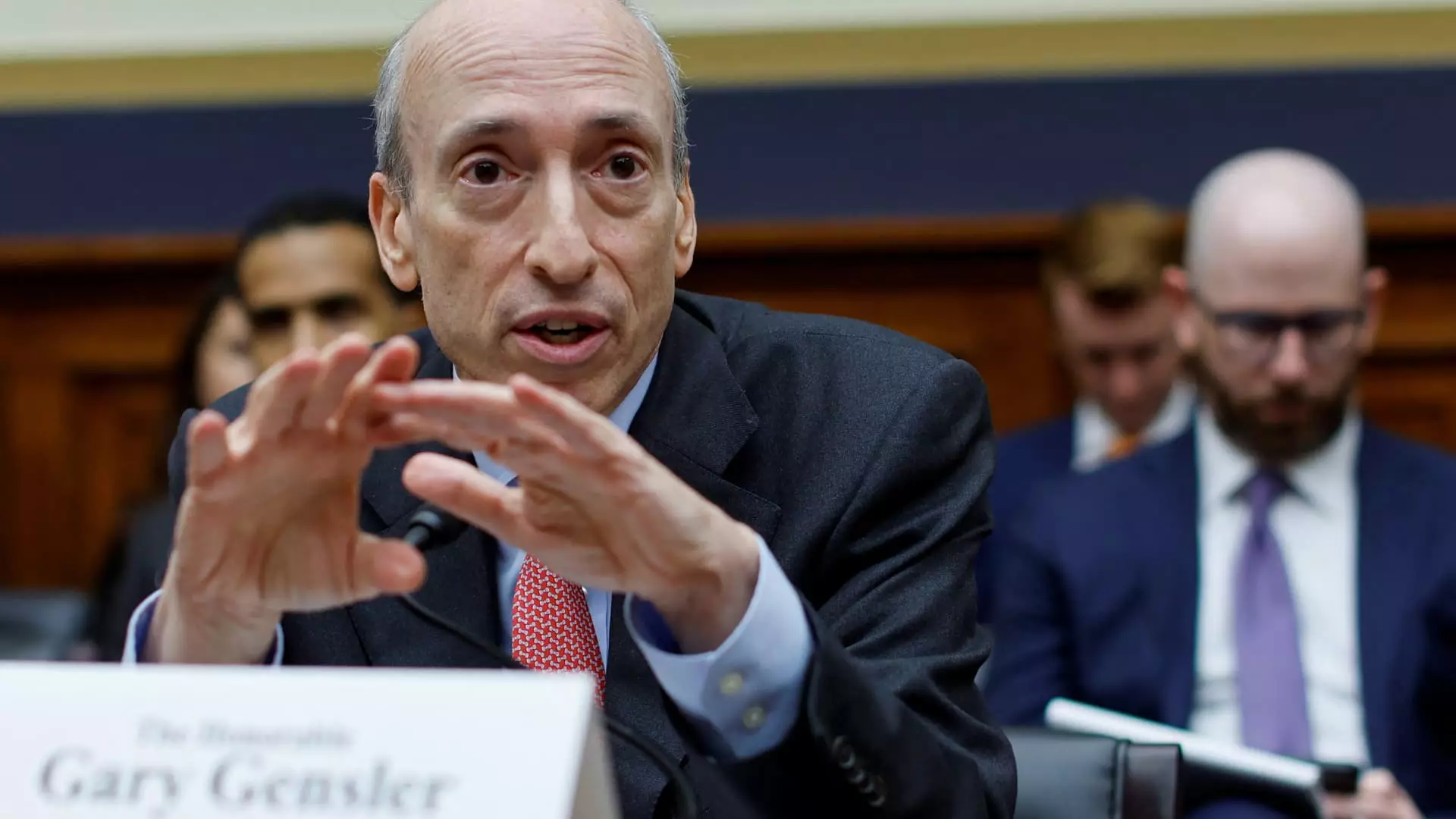This morning, SEC Chairman Gary Gensler delivered a significantly poignant address at the Practising Law Institute’s 56th annual conference on securities regulation. The undertones of his speech echoed a sense of closure, leading many to speculate about his future at the helm of this vital regulatory agency. Gensler’s tenure, which commenced in April 2021, has been marked by numerous reforms, and he expressed profound gratitude while highlighting the SEC’s critical role in maintaining the integrity of capital markets.
One of the cornerstones of Gensler’s leadership has been the implementation of enhanced disclosure regulations. He underscored key initiatives aimed at increasing transparency for investors, touching upon rule changes related to data breaches and executive compensation policies. One regulatory pointer worth noting was the requirement for businesses to disclose their ownership if they intend to acquire a stake exceeding 5% in any company—a measure intended to safeguard shareholders from potential manipulation.
Interestingly, Gensler reserved only a fleeting mention of his most debated disclosure regulation: the climate change disclosure rule. This particular rule has faced scrutiny and legal challenges, casting a shadow over its future. Nonetheless, Gensler reinforced the SEC’s commitment to ensuring that comprehensive information about securities remains accessible, emphasizing Congress’s intent to establish a framework that promotes public good through transparency.
In his speech, Gensler illuminated a series of reforms designed to modernize the market infrastructure. He proclaimed the implementation of new measures for the central clearing of Treasury transactions and a reduction in the stock settlement cycle, a significant step forward in making trades more efficient. Additionally, the introduction of finer quoting increments for stocks is set to enhance market liquidity and competitiveness.
These changes represent an effort to make the market more responsive and resilient, ensuring that the U.S. capital markets continue to lead globally. Gensler’s emphasis on these innovations suggests a forward-thinking approach, striving to modernize practices that have remained static in a rapidly evolving financial landscape.
A substantial portion of Gensler’s address was dedicated to his regulatory stance on cryptocurrencies. He reiterated his position that while Bitcoin itself might not qualify as a security, numerous other digital assets fall under the SEC’s jurisdiction. His recurring emphasis on the necessity for registration among those engaged in the sale of securities—including intermediaries—reflects a commitment to ensuring that the crypto industry does not operate outside the bounds of regulatory scrutiny.
Gensler expressed concern over the current state of the crypto market, pointing to significant investor losses attributable to a lack of adequate oversight. He asserted that many digital tokens have yet to demonstrate lasting utility, emphasizing the need for robust regulatory measures to protect consumers amidst the rise of new financial technologies.
While Gensler did not explicitly announce his resignation, the reflective tone of his address raises questions about his future in this role. It is evident that he considers the mission of the SEC not merely as a job but as a public service aimed at safeguarding American investors. As he concluded his speech, Gensler’s pride in his colleagues and their dedication to protecting the financial well-being of American families left a lasting impression. The legacy of his leadership, full of both innovation and controversy, will undoubtedly shape the future of the SEC.

